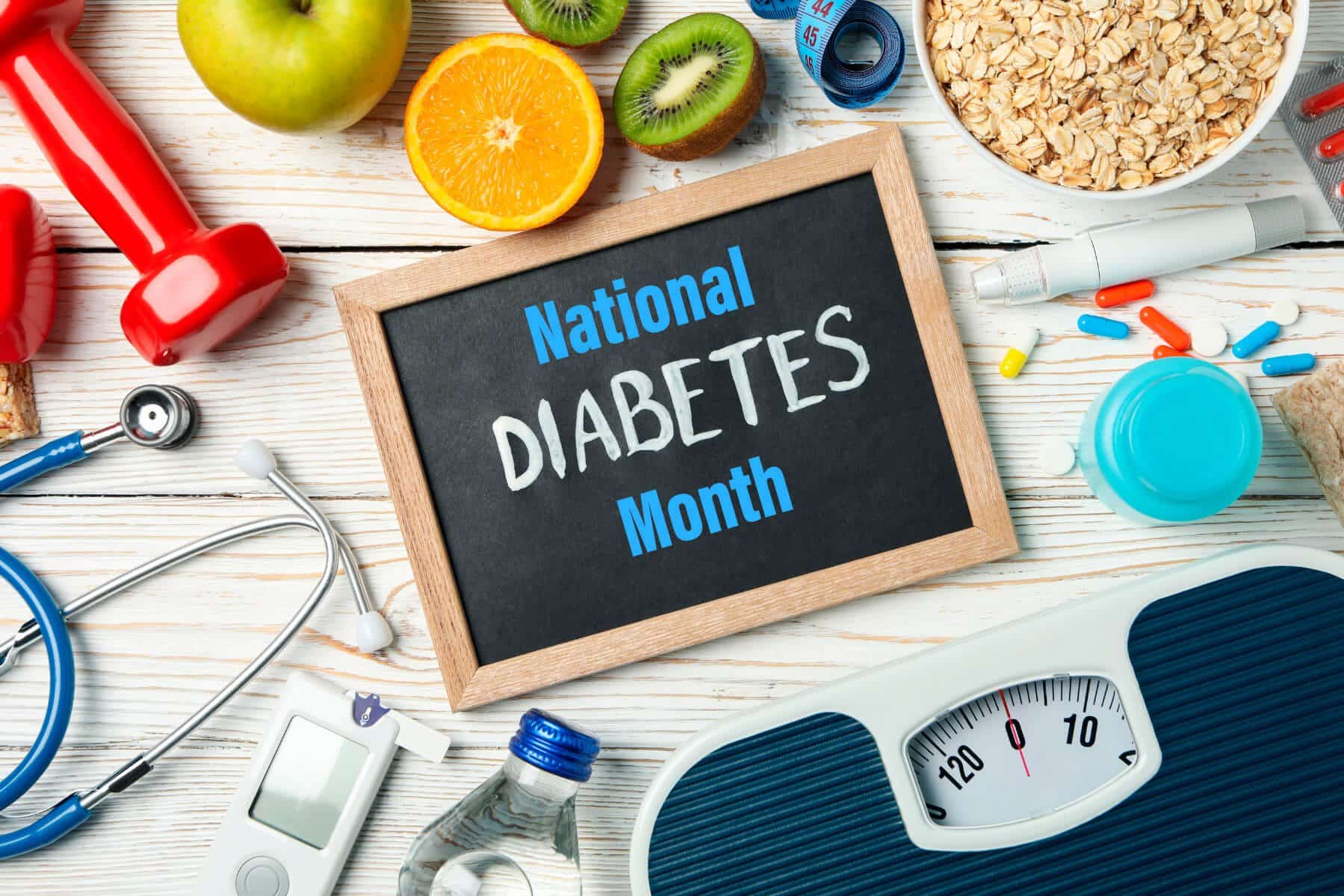November is National Diabetes Month, and what better time to raise awareness about the vulnerability of people with intellectual and developmental disabilites (ID/D) to developing diabetes. According to the Centers for Disease Control and Prevention’s website, people with intellectual disabilities are almost twice as likely to have Type 2 diabetes compared to the general population. Studies also show significant numbers of people with Down syndrome and autism have Type 1 diabetes.
While Type 1 diabetes is often genetic, Type 2 diabetes is preventable and controllable, especially in its early stages. Both types play a role in an individual’s quality of life and can be deadly if untreated, so it’s vital for caregivers and families of those affected to know what they can do to help.
Diabetes: An Overview
Diabetes occurs when the body cannot adequately regulate blood sugar levels.
Type 1 diabetes is insulin-dependent. Most people with Type 1 diabetes are diagnosed in childhood or early in life and will require treatment with insulin injections to control their blood sugar levels. A proper diet and regular exercise are highly recommended. There is no known cure for Type 1 diabetes.
Type 2 diabetes typically develops in adulthood. While people with Type 2 diabetes also need to manage their blood sugar levels, they can often do so through lifestyle changes and oral medications.
Both Type 1 and Type 2 diabetes, if left untreated, can lead to more severe conditions, including kidney failure, heart disease, blindness, hearing loss, and stroke.
Why Are People With I/DD More Susceptible to Type 2 Diabetes?
Though Type 2 diabetes is preventable and controllable—especially in its early stages—there are unique factors that contribute to this increased risk for individuals with I/DD. People with I/DD are more likely to be overweight and inactive—two prevailing factors that lead to poor health outcomes.
People with intellectual disabilities often have challenges accessing healthcare. They also tend to have fewer diabetes-specific examinations, which may cause the disease to progress if unchecked.
The good news is awareness, diligence, and consistency can help to control symptoms and possibly avoid chronic conditions associated with the disease, such as hearing impairment, kidney disease, nerve damage, and heart disease.
How ILA Helps Control and Prevent Diabetes in Our I/DD Population
Through our residential and day habilitation programs, Independent Living Association supports individuals with I/DD by providing essential care, services, and activities that help them prevent and manage diabetes.
We emphasize the importance of healthy diets across our programs. Individuals accompany our Direct Support Professionals (DSPs) on trips to local grocery stores to purchase nutritious foods and beverages. Our expert cooking staff (often with assistance from Individuals) regularly prepare healthy meals for our residents to enjoy. Our dedicated DSPs ensure that Individuals attend regular medical checkups; many also go on daily community walks with Individuals. At our Day Programs, Individuals engage in light fitness activities to enhance their health regimens. Our outstanding staff continuously provide guidance on healthy habits, especially when it comes to taking medications as prescribed.
Since there is currently no cure for diabetes, ensuring high quality care and healthy lifestyles is crucial to prevent the onset of diabetes in people with I/DD or to mitigate long-term effects. To learn more about ILA and how we enhance the lives of Individuals with intellectual and developmental disabilities, contact us today.

































































